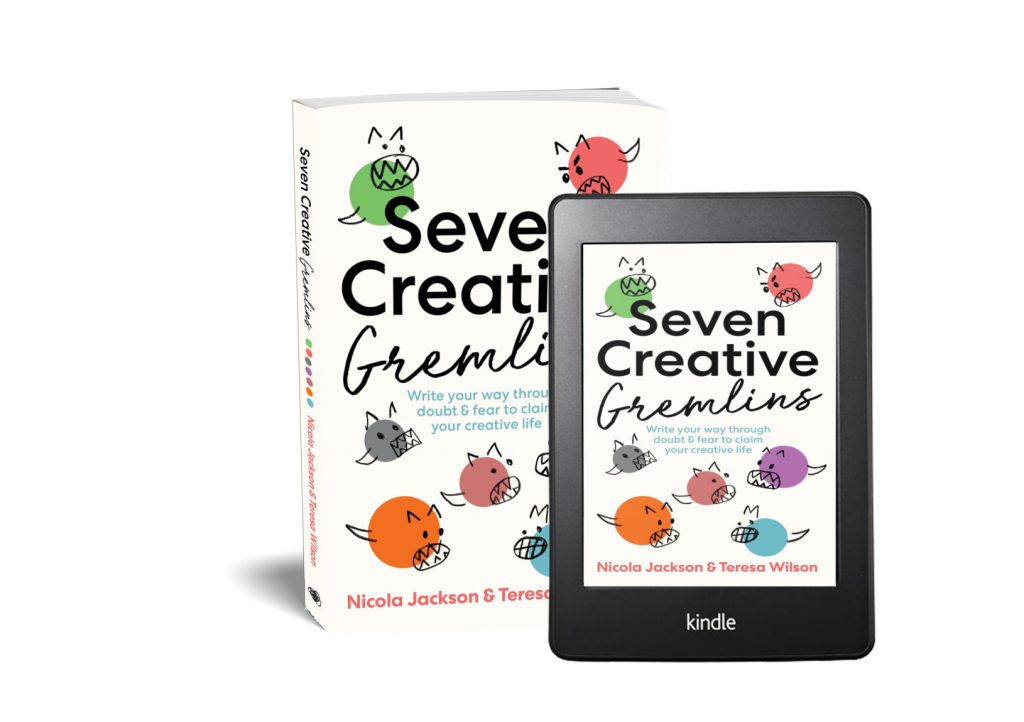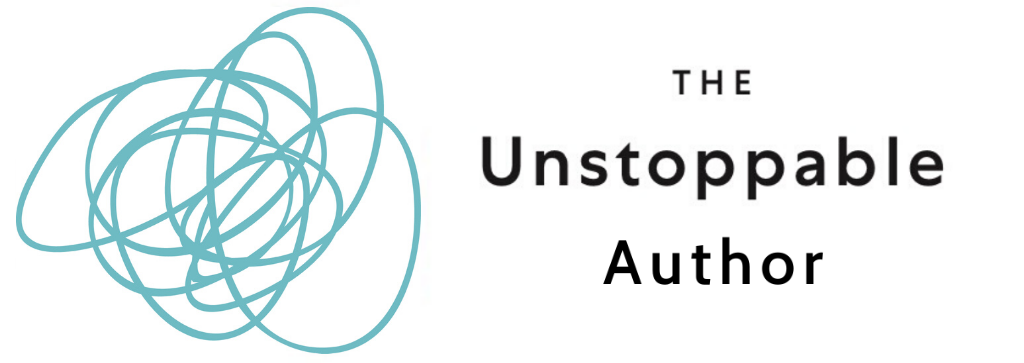A few weeks before my debut novel, The Gods of Love, came out I did a very unwise thing.
I googled myself.
I told myself I did this because I was reading a marketing book that said, “Find out what comes up when people google your name because that’s your brand.” But who am I kidding? I did it because I knew proof copies of The Gods of Love were circulating and I wanted to find out what (if anything) people were saying.
And that was when I had a key author experience: MY FIRST REVIEW.
Readers, it was not great.
It appeared on a cult TV and fantasy website and the reviewer gave the novel 5/10. A great idea, they said, but I didn’t do enough with it. An entertaining read, but too lightweight. Made too little impact.
“You have to let it go. Whether people enjoy your book or not has nothing to do with you.”
I felt like I had been punched. I mean, it could have been worse, I guess. Much worse. But still, it hurt. Bad reviews do hurt. Probably they will always hurt, at least a little bit. But more importantly, when you’re just starting out, they also seem horribly unfair.
Writing a novel is like crawling up a mountain on your hands and knees over broken glass. It’s a grueling but exhilarating kind of madness. When, against all the odds, you reach the peak, triumphant and definitely ready for applause and some sort of medal, what happens instead is that someone in leisurewear who got airlifted up looks at you askance: ‘Oh, I wouldn’t have scaled it that way,’ they say airily. ‘And what on earth are you wearing? Oh no, that’s all wrong. Very poor effort,’ they sniff, distainful, ‘I’m not sure why you bothered.’
As a writer, still covered in your own blood (metaphorical in all but the worst of cases), you want to scream: ‘ARE YOU SERIOUS!? HAVE YOU ANY IDEA WHAT IT TOOK ME TO GET HERE!?’ But you can’t. And you shouldn’t. It’s brutal, but your book belongs to them now. The readers. The reviewers. You have to let it go. Whether people enjoy your book or not has nothing to do with you.

To get your head around this, just think of the last novel you read and didn’t like. Now imagine the author arguing with you about why you should have enjoyed it. Crazy, right? You know what you like. It’s not up for debate.
Accept this or die arguing about it.
Before I realized how much work it takes to even write a fairly terrible novel, I used to review books. There I went, happily pouring scorn on underdeveloped characters, poor use of language and disappointing plots. As soon as I started writing fiction, I stopped reviewing. I can’t, in all conscience, impartially and publicly judge anyone who has managed to create an entire novel when all I want to do is give them a hug and a bucket of wine. I know too much.
But I believe that people should be free to write critical reviews, just as I did back then. Plus, everyone gets bad reviews. And I mean, everyone. Check out a book you love on Amazon and marvel at the one-stars it has received. (In fact, this is a technique many authors use to make themselves feel better about bad reviews. The Great Gatsby got one-starred? Okay, I’m in good company!)
(And of course, there’s a special place in hell for people who give low reviews to books that do not actually exist yet (it happens) or who one-star a novel because of packaging damage. But that’s whole other blog post.)
“I can’t, in all conscience, impartially and publicly judge anyone who has managed to create an entire novel when all I want to do is give them a hug and a bucket of wine. I know too much.”
And so, although it was a tad bracing to read, this lukewarm review was also really helpful. Like an innoculation, it gave me protection over what was to come. Because, as I read and re-read it, I realised that the review was fair. My book did not do what this person wished it had done. And that was useful information. While half of me was seething and muttering expletives, another calmer part of me spoke up:.
‘Okay,’ it said. ‘But does your book do what you wanted it to do?’ I had to answer a begrudging affirmative. ‘Well then. It’s just not for them.’
Immediately I knew this simple statement was true. My novel wasn’t perfect – far from it – but it was the book I wanted it to be, written to the best of my ability at that time. It could never be anything except what it was. Any obsessing over someone not liking it was wasted energy.
And so, I levelled with myself. Some people would always dismiss my easy prose style as slight, but if they consider using ancient Greek myths to explore the nature of dysfunctional love a lightweight topic? Sweetpea, those are so not my readers.
I wrote The Gods of Love because it was the book I needed to read in my thirties and it didn’t exist so I made it. It reflects me and my high-and-low-cultural interests, which is why I have often introduced it as “Sex and the City meets Clash of the Titans”. And because it is somewhere between a fantasy and a rom-com, it will inevitably disappoint some fans at the extreme end of either genre fandom – the ones interested in humorous relationship writing who hate fantasy; the die-hard fantasy fans who want less emotional stuff with their magic. That’s fine. That’s the price of writing cross-genre and I’ll gladly pay it, because with it comes the great joy that when people get it, they really get it. There is no greater feeling than hearing from someone who loves your book. You have a magical feeling that this erstwhile stranger was who you were writing for all along.
I love it when readers leave reviews. It’s so gratifying to know that people are enjoying what you created, and, most importantly, when a reader reviews a book they are increasing the chances that another person out there just like them will discover it and love it too. Reviews are for readers, after all.
But even when some really very lovely reviews started coming in, I was aware that I had to keep mentally letting the book go. If I was to write books for the rest of my life (and that is my plan, no matter what happens) then the sane, impartial voice would have to be my guide, not the other furious, obsessive one, chunnering away in the corner like Mutley, determined that EVERYONE HAS TO LOVE MY BOOK, GODDAMNIT whilst obsessively logging into Goodreads.
(Top tip in bold so’s you know I’m serious. NEVER go on to Goodreads to look at the comments about your book. Just don’t.)
I could sense how quickly sanity would slip away during the publication process. How eager I would be to grade myself, to chastise myself, to measure my worth by my reviews, or my amazon ranking or my sales, when, the truth is, all of that has very little to do with the book you have written.
When you have been so vulnerable as to publish a novel, there begins a constant practice of distancing yourself from what the world thinks of your work, in order to be your own barometer.
Did you achieve what you wanted? Then you have succeeded. If not quite? No problem. Have another go!
I don’t tend to read reviews anymore, good or bad. I trust my book to find its people and I save my energy for what is next.
I stare up at that next mountain, and I swear that, whatever state I arrive in (and as I say this as someone who once climbed Snowdon in a blizzard wearing a French Connection poncho), I’m going to reach the top.
Nothing anyone says can stop me.

Need some help making progress with your writing project? Really want to start/stick with/finish it and can’t work out what’s stopping you?
My writer’s guide, Seven Creative Gremlins will act as your cheerleader, therapist and coach all rolled into one. Find it on Amazon NOW in paperback or ebook.

